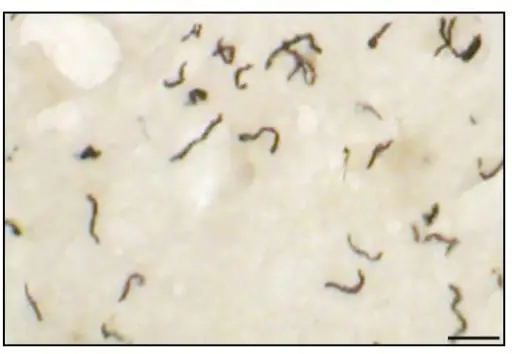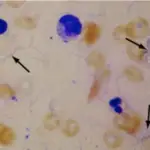Syphilis is a sexually transmitted infection that can cause serious health problems if it is not treated.
What is the Pathology of Syphilis?
The pathology of syphilis is:
-Etiology: The cause of syphilis is a bacterium called Treponema pallidum.
-Genes involved: Not applicable.
-Pathogenesis: The sequence of events that lead to syphilis are: bacteria usually transmitted via direct contact, and incubated in the body, and then disseminated to the lymphatics and blood stream to gain access to any organ of the body.
-Morphology: The morphology associated with syphilis shows spiral-shaped bacteria.
-Histology: The histology associated with syphilis shows ulcers with lymphoplasmacytic inflammation.
How does Syphilis Present?
Patients with syphilis typically all genders of age ranges 20–39 years. The symptoms, features, and clinical findings associated with syphilis include: muscle aches, headaches, weight loss, sore throat, patchy hair loss, fever, swollen lymph glands.
How is Syphilis Diagnosed?
Syphilis is diagnosed by blood tests, and enzyme immunoassay tests.
How is Syphilis Treated?
Syphilis is treated by antibiotic medication penicillin.
What is the Prognosis of Syphilis?
The prognosis of syphilis is fair. Antibiotics can cure the infection, but there’s no way to repair organs that have been damaged by syphilis



